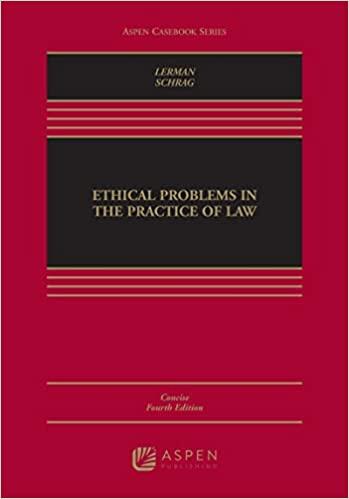pleasplase help
You are conducting legal research and you find a current Alberta statute that directly supports your case. Which one of the following statements about this legislation is true? Select one: O a. This statute will not be useful, because stare decisionates that only case law is binding or persuasive in the common law legal system. O b. This statute will be valid as long as the government did have jurisdiction to create it, even if it offends the Charter of Rights and Freedoms. O c. This statute must have been created by the Executive branch of government and, if valid, would at some point have received royal assent. O d. This statute can override, to the extent of any inconsistency, the case law you have found. Parliamentary supremacy dictates that statute law prevails over case law. Canada's Constitution states that Canada is to have a Constitution "similar in principle to that of the United Kingdom." In the United Kingdom, "Parliamentary Supremacy" dictates that statute law is supreme. The Courts have no power to strike down statute law. In Canada: Select one: O a. "Parliamentary Supremacy" has been discarded. It has no meaning in a country that has a federal form of government. b. "Parliamentary Supremacy" has been adopted. The Courts here are likewise prevented from striking down statutes, be they federal or provincial. c. "Parliamentary Supremacy" has been varied. The courts can strike down laws if laws are found to be ultra vires. For example, the federal government cannot pass laws that fall under the provincial governments' jurisdiction according to the division of powers. O d. "Parliamentary Supremacy" means that federal laws will override any provincial laws.Which of the following does not describe the phrase ultra vires? Select one: O a. When a level of government had no power to pass legislation. O b. The opposite of "intra vires," for intra vires means "within one's jurisdiction." O c. When a law will not be enforced because it falls outside the assigned area of jurisdiction for that level of government. O d. When a previously decided case need not be followed by a court because the facts of the current case the court is hearing can be distinguished (i.e. the two cases are not similar). Given sections 91 and 92 of the Constitution Act, 1867, which one of the following is TRUE? Select one: a. The provinces have the power to make laws on matters of a merely local or private nature in the Province. O b. The provincial governments have law making powers regarding patents and copyrights. O c. The provinces are given law making powers regarding trade and commerce. O d. Both the federal government and the provinces have law making powers in regards to the military.The Constitution Act, 1982: Select one: O a. divides legislative power between the federal and provincial governments. b. can only be amended by the British Parliament at the request of the Canadian government. c. contains the Canadian Bill of Rights. d. includes an amending formula which requires the support of the federal government and 2/3 of the provinces, which represent 50% or more of the population of all the provinces. The British North America Act, now named the Constitution Act, 1867: Select one: a. divides power between the federal and municipal governments. Federal powers are set out in section 91 whereas municipal powers are outlined in Section 92. O b. declares that the supreme law making body in Canada is the Supreme Court of Canada. c. divides legislative power between the federal and provincial governments. Each of the federal and provincial levels is supreme with regard to enacting laws in their separate areas of jurisdiction. O d. contains the Charter of Rights and Freedoms which protects individuals' human rights. Considering all relevant law, an amendment of the constitution of Canada does NOT require the approval of: Select one: a. Seven provinces with at least 50% of the population of all of the provinces. O b. The Senate. O c. Ontario, Quebec and British Columbia. O d. All of the Atlantic provinces









